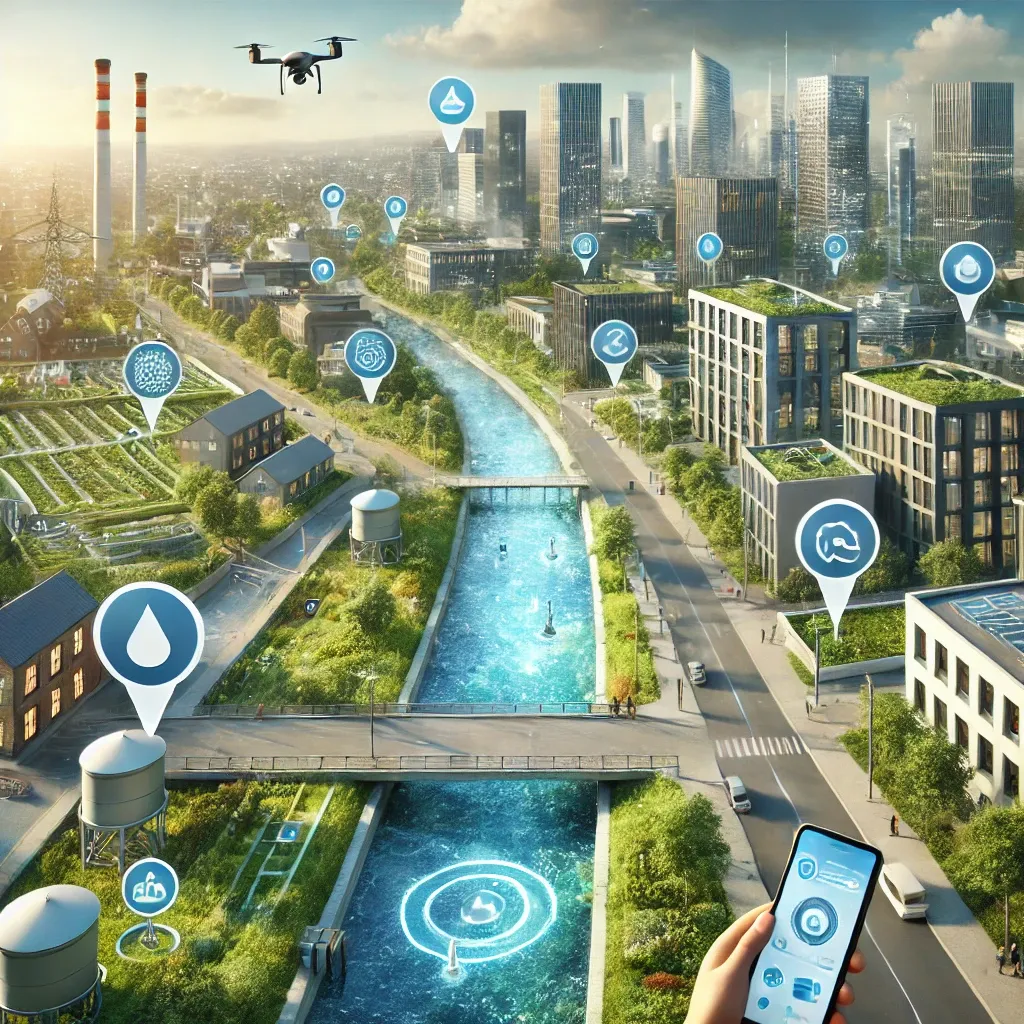What are the New Technologies in Managing Water?
Article Source: An Ontology for Exchanging Innovation in Water Management

Why You Should Care
Water is essential for life, and managing it effectively is crucial for our survival. Innovations in water management help us use this precious resource more efficiently, ensuring we have clean water for drinking, agriculture, and industry. Effective water management is vital to support growing populations and deal with climate change impacts.
Answering the Question… What are the New Technologies in Managing Water?
Researchers have identified several key innovations in water management. For example, smart sensors can monitor water quality in real-time, while advanced filtration systems can remove up to 99% of contaminants. Additionally, data analytics helps predict water usage patterns, optimizing distribution and reducing waste. These innovations make water management smarter, safer, and more sustainable.
How Was the Study Done?
Scientists examined various technologies used in water management. They collected data from real-world applications and conducted experiments to test the effectiveness of these innovations. The study involved analyzing the performance, cost, and environmental impact of each technology. Researchers also conducted surveys and interviews with industry experts to gather insights and validate findings.
What Was Discovered?
- Smart Sensors: These sensors monitor water quality in real-time, ensuring safe drinking water. They can detect contaminants at levels as low as parts per billion, providing instant alerts to prevent waterborne diseases.
- Advanced Filtration Systems: Capable of removing up to 99% of contaminants from water, including heavy metals, bacteria, and microplastics. These systems can process thousands of gallons of water per day, making them suitable for both municipal and industrial applications.
- Data Analytics: Helps predict water usage patterns and optimize distribution, reducing waste by up to 15%. This technology can forecast peak usage times and adjust supply accordingly, ensuring efficient water use.
- Automated Irrigation: Uses sensors to deliver water precisely when and where it’s needed, improving agricultural efficiency by up to 20%. This reduces water usage in agriculture by around 30%, significantly conserving water in farming operations.
- Leak Detection: Advanced systems can identify leaks in pipelines, reducing water loss by up to 30%. These systems use acoustic sensors to pinpoint leak locations accurately, preventing significant water loss and infrastructure damage.
- Desalination Technology: Converts seawater to fresh water more efficiently, supplying water to arid regions. New methods have reduced energy consumption by 50%, making desalination more viable and cost-effective. Desalination plants can produce millions of gallons of fresh water daily, supporting regions with limited freshwater resources.
Why Does It Matter?
These innovations in water management are crucial for ensuring a sustainable future. They help us use water more efficiently, reduce waste, and provide clean water to more people.
Understanding and implementing these technologies can lead to better water conservation and a healthier environment. By adopting these advanced technologies, we can address water scarcity, improve agricultural productivity, and ensure safe drinking water for all.
Link to full article: An Ontology for Exchanging Innovation in Water Management
